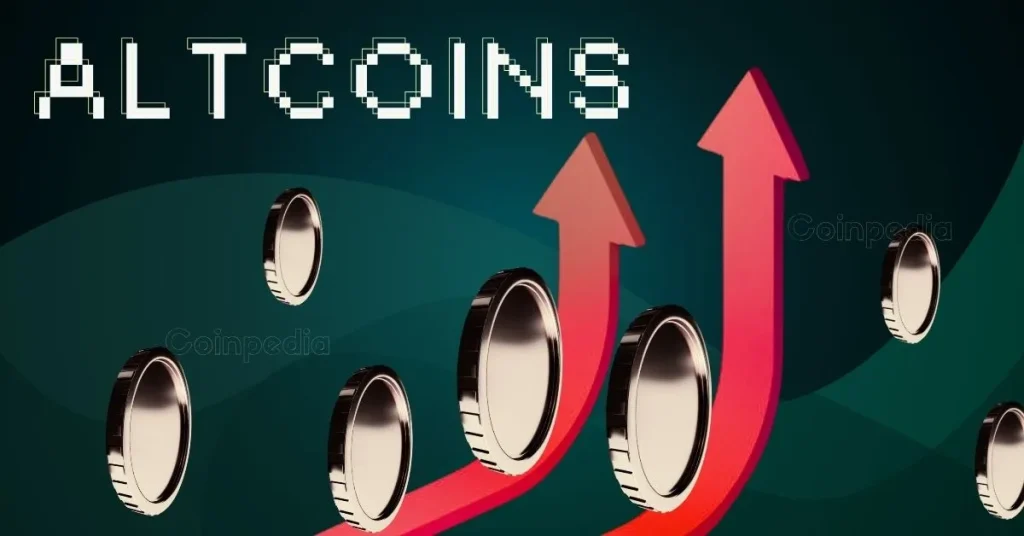
Japanese Prime Minister Shigeru Ishiba has reached a deal with the opposition Democratic Party for the People (DPP) to incorporate their tax cut proposals into his government’s economic stimulus package.
According to Makoto Hamaguchi, a senior DPP official, this agreement marks a significant step in aligning ruling and opposition priorities to address Japan’s economic challenges.
Tax-free income threshold raised
One of the most notable elements of the DPP’s proposal is raising the tax-free income threshold from ¥1.03 million ($6,650) to ¥1.78 million ($11,435).
This long-overdue reform aims to boost disposable incomes after over three decades of stagnation.
Additionally, the DPP has proposed a temporary reduction in the sales tax to 5%, contingent on achieving wage growth of 2%.
These measures are designed to stimulate consumer spending while mitigating inflationary pressures.
Discussions on the tax-free income threshold are expected to conclude by year-end, with implementation scheduled for the next fiscal year.
Makoto Hamaguchi, a senior DPP official, emphasized the party’s commitment to easing financial burdens on households.
Crypto tax reductions proposed to align with stock market regulations
The stimulus package also proposes reclassifying crypto gains under a flat 20% tax, similar to stock trading profits.
Currently, crypto earnings are categorized as “miscellaneous income,” with rates reaching up to 55%.
This change aims to attract investment in digital assets and reduce the tax burden on traders.
The ruling Liberal Democratic Party (LDP) has expressed support for blockchain innovation, with Digital Affairs Minister Masaaki Taira’s Web3 task force exploring reforms for crypto startups and NFTs.
Corporate tax cuts form another pillar of the package, targeting companies that increase wages and invest in sectors like semiconductors and artificial intelligence.
These measures are designed to bolster Japan’s competitive edge and secure high-tech supply chains amid rising geopolitical tensions.
Prime Minister Ishiba’s administration is also emphasizing blockchain and NFTs as part of its modernization agenda.
The stimulus package, including these reforms and incentives, is expected to receive final budget approval by December.
This bipartisan effort signals Japan’s commitment to addressing immediate challenges while laying the groundwork for long-term economic resilience and competitiveness.
These technologies are seen as vital for economic growth, aligning with the DPP’s election promises to leverage blockchain-driven innovation.
The stimulus package, which includes these tax reforms and incentives, is expected to receive final budgetary approval by December. This collaboration between Japan’s major political parties signals a shared commitment to addressing immediate economic challenges while laying the groundwork for long-term growth.
By integrating progressive tax reforms, crypto-friendly policies, and targeted incentives for high-tech sectors, Japan is taking a decisive step towards revitalising its economy and ensuring competitiveness on the global stage.
The post Japan PM Ishiba pledges crypto tax cuts in new stimulus package appeared first on Invezz















 English (US) ·
English (US) ·